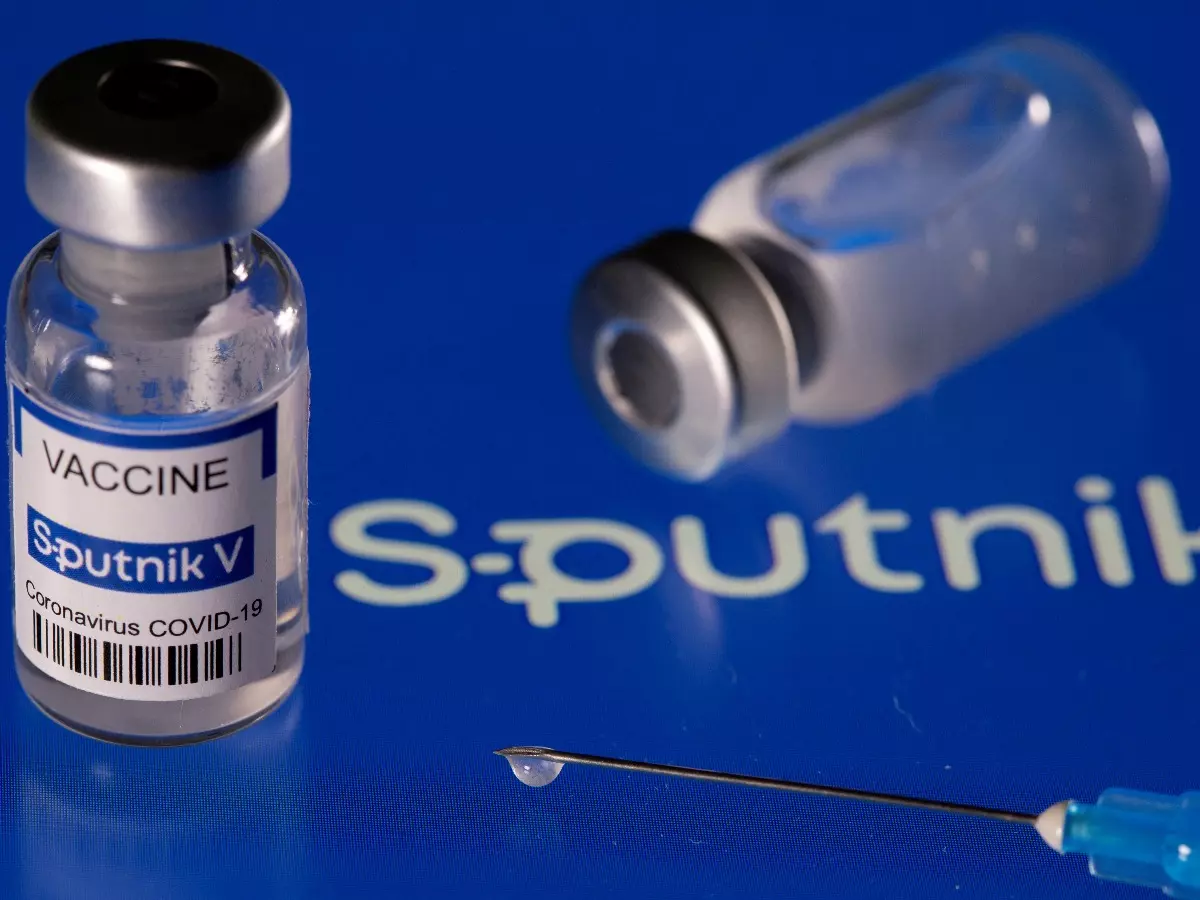Russian-Made Sputnik V Has Shown Most Effectiveness Against Delta Strain Among All Vaccines
The highly infectious and deadly delta variant of coronavirus first detected in India has been spreading across the globe and is said to be on track to become the dominant strain in many countries.

The highly infectious and deadly delta variant of coronavirus first detected in India has been spreading across the globe and is said to be on track to become the dominant strain in many countries.
One of the biggest concerns the spread of delta strain is causing is its ability to evade the antibodies produced by vaccination.
 AFP
AFP
The effectiveness of the existing vaccines against the delta strain is still being studied across the world.
Sputnik's claim
But Gamaleya Research Institute, which developed the Sputnik V has claimed that the Russian-made vaccine has shown more efficiency against the Delta variant than any other vaccine that has published results on this strain so far.
BREAKING | RDIF: ※#SputnikV is more efficient against the Delta variant of coronavirus, first detected in India than any other vaccine that published results on this strain so far - the Gamaleya Center study submitted for publication in an international peer-reviewed journal.§ pic.twitter.com/XrwnGNhiNE
〞 Sputnik V (@sputnikvaccine) June 15, 2021
Sputnik V was the first COVID-19 vaccine registered anywhere in the world and the third to be approved for use in India.
Dr Reddy's Laboratories, the marketing partner for the vaccine in the country, has been importing the shots from Russia.
 Agencies
Agencies
Over a period of time, the vaccine is also going to be manufactured in India.
Where others stand
Meanwhile, a study published in The Lancet journal has said that Pfizer and AstraZeneca vaccines provide good protection against the delta strain.
Researchers at Public Health Scotland and the University of Edinburgh, UK, found that the Pfizer-BioNTech vaccine offered better protection against the Delta variant compared to the Oxford-AstraZeneca preventive, known as Covishield in India.
 File Photo
File Photo
The analysis covered the period from April 1 to June 6, 2021, for the demographic distribution of cases.
The study found that the Pfizer vaccine offered 79 per cent protection against the Delta strain two weeks after the second dose.
For AstraZeneca's vaccine, there was 60 per cent protection against Delta.
They also found that two doses of vaccine provide much better protection against the Delta variant compared to a single dose.
 REUTERS
REUTERS
※Risk of COVID-19 hospital admission was approximately doubled in those with the Delta variant of concern (VOC) when compared to the Alpha VOC, with risk of admission particularly increased in those with five or more relevant comorbidities,§ the authors of the study noted.
※Both the Oxford-AstraZeneca and Pfizer-BioNTech COVID-19 vaccines were effective in reducing the risk of SARS-CoV-2 infection and COVID-19 hospitalization in people with the Delta VOC,§ they said.
